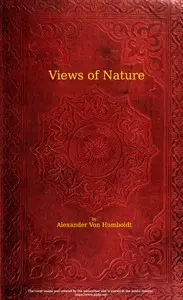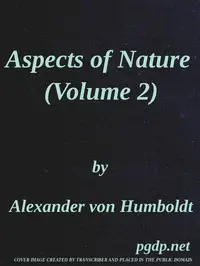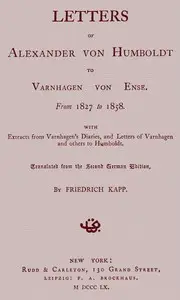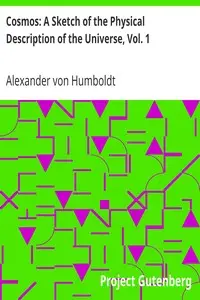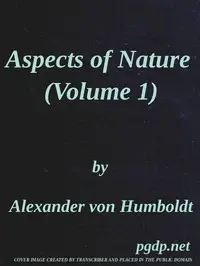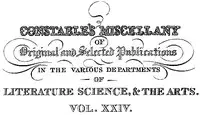"Personal Narrative of Travels to the Equinoctial Regions of America" by Alexander von Humboldt and Aimé Bonpland is a scientific exploration and travelogue written in the early 19th century. This comprehensive work chronicles the authors' extensive journeys through the American tropics from 1799 to 1804, focusing on their observations of geography, flora, fauna, and the indigenous cultures they encountered. The narrative is rich in detail and reflects Humboldt's passion for nature and science, as well as the socio-political context of the regions visited. The opening of the volume introduces the reader to Spanish Guiana, particularly Angostura, and provides a historical account of its settlements, climate, and geopolitical significance. Humboldt meticulously describes the town's geographical setting, its architecture, and the environmental challenges faced by its inhabitants, including the dangers posed by local wildlife such as crocodiles. He intertwines personal anecdotes with observations about the indigenous populations and their unique adaptations to the region's harsh conditions. This setting lays the groundwork for Humboldt's broader analysis of the natural and social phenomena he intends to explore throughout his travels in the equinoctial regions. (This is an automatically generated summary.)

Personal Narrative of Travels to the Equinoctial Regions of America, During the Year 1799-1804 — Volume 3
By Alexander von Humboldt
"Personal Narrative of Travels to the Equinoctial Regions of America" by Alexander von Humboldt and Aimé Bonpland is a scientific exploration and trav...
Friedrich Wilhelm Heinrich Alexander von Humboldt was a German polymath, geographer, naturalist, explorer, and proponent of Romantic philosophy and science. He was the younger brother of the Prussian minister, philosopher, and linguist Wilhelm von Humboldt (1767–1835). Humboldt's quantitative work on botanical geography laid the foundation for the field of biogeography, while his advocacy of long-term systematic geophysical measurement pioneered modern geomagnetic and meteorological monitoring. Humboldt and Carl Ritter are both regarded as the founders of modern geography as they established it as an independent scientific discipline.

